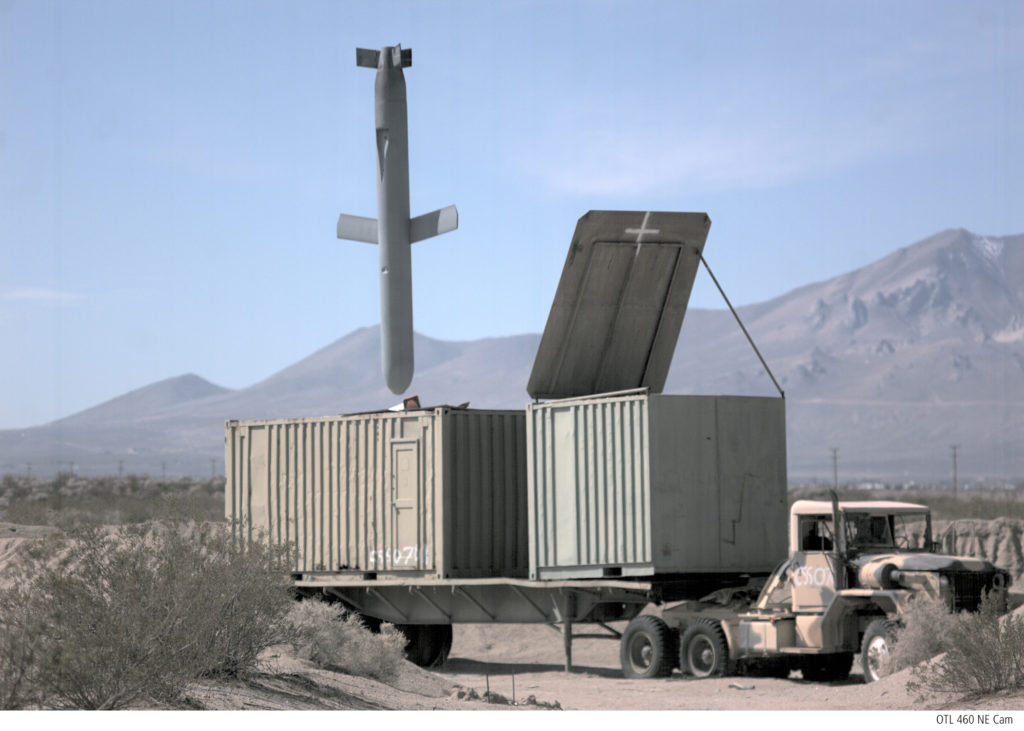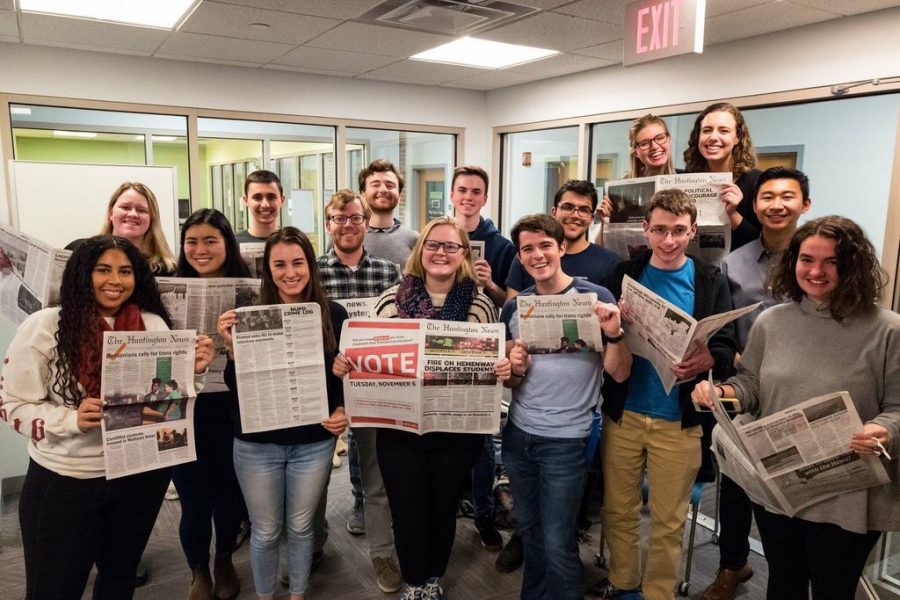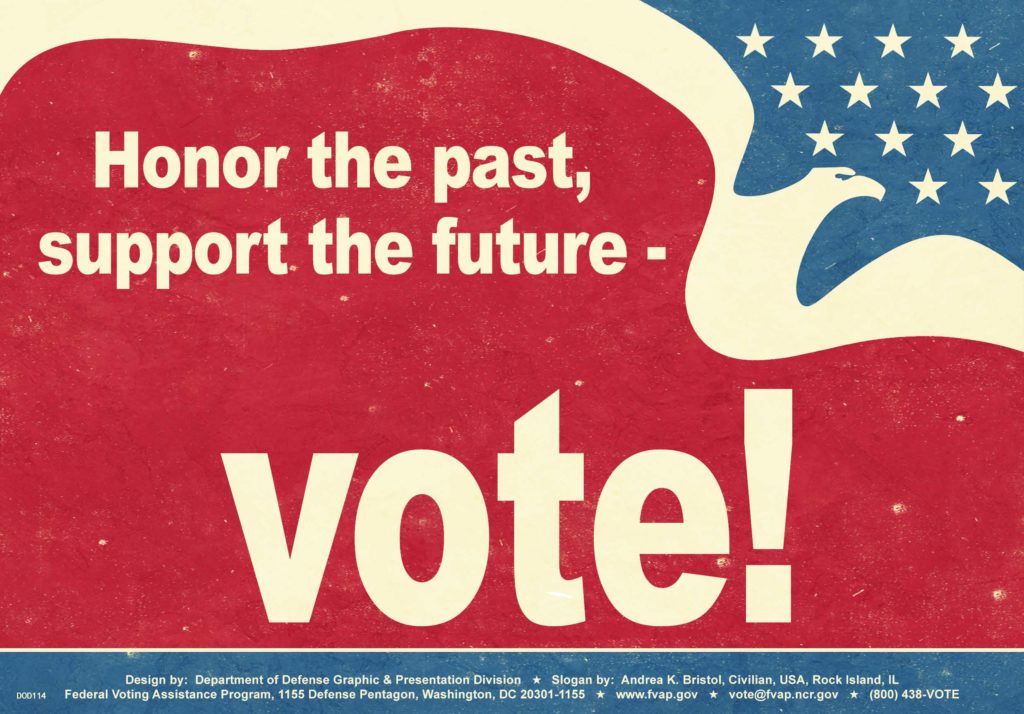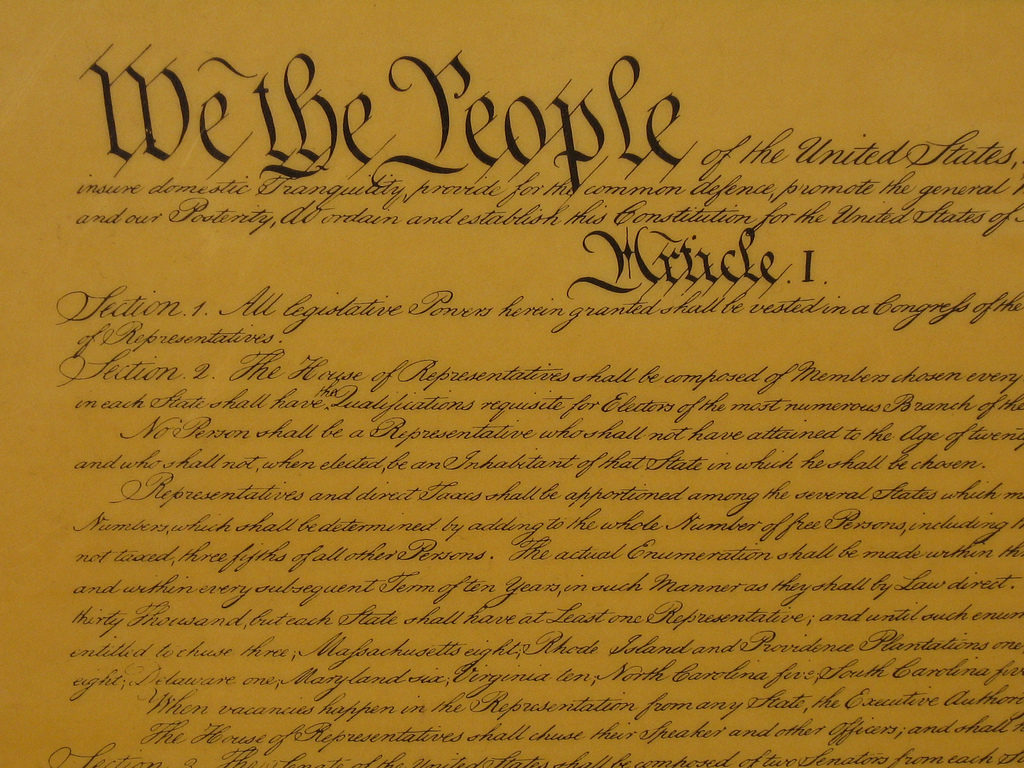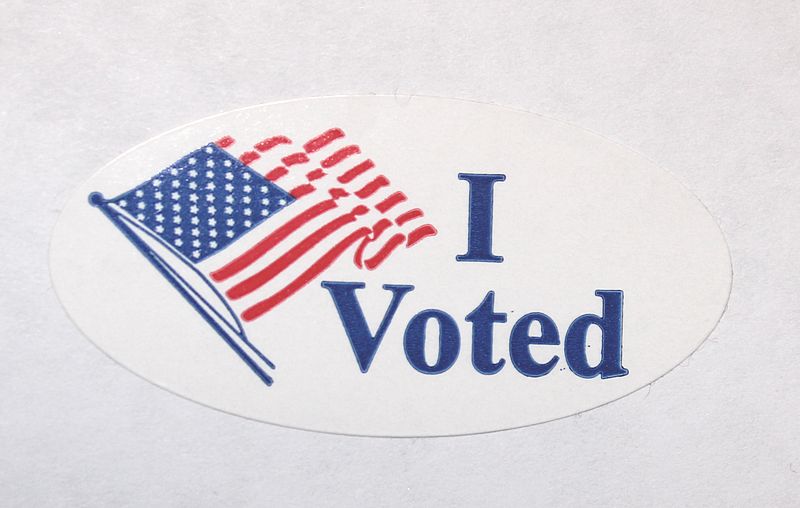The Huntington News has published this piece before. However, no one currently on staff remembers it. The oldest current editor was 13 years old when Marc Larocque wrote a column titled “The military-industrial side of Northeastern,” slamming the university’s deep ties to technology and defense company Raytheon.
Raytheon touts its “global presence,” making itself known on every continent save Antarctica. From our particular standpoint in the United States, we see it as a leader in technology and innovation. Hundreds of co-op placements at Raytheon have come from Northeastern. Graduating seniors can view job opportunities there from NUCareers, from systems engineers to tax associates.
But for many in Syria, Raytheon is not an innovative savior. It is a harbinger of destruction. Early Friday, April 7, the United States launched 59 Tomahawk cruise missiles at a Syrian military airfield in the first direct attack on President Bashar al-Assad’s regime. Raytheon’s website calls the Tomahawk Block IV cruise missile—one of its products—modern, mature and powerful. Sleek words to describe deadly weapons.
Although it has not independently verified Friday’s casualties, The Guardian reports seven to nine people killed. The Washington Post reports that hundreds of U.S. troops stationed in Syria may be in greater danger, and Russia and Iran have condemned the airstrike. Any retaliation remains to be seen, while the war in Syria, which has been raging for years already, is only perpetuated.
Yet, here in the United States, Raytheon saw its stock price open 2.5 percent higher on Friday, according to Forbes. Northeastern University and Raytheon both benefit from that: Raytheon makes more money, which it donates to Northeastern; students see a multibillion-dollar company where they can flex their tech muscles, then go work there; Northeastern alumni at Raytheon can donate back to the university.
Raytheon isn’t the only defense contractor Northeastern has ties to. The College of Engineering maintains co-op placements at AMETEK Aerospace & Defense, Draper Labs, Lockheed Martin and Pratt & Whitney.
This institution is complicit in international violence.
“We have grown our entire society off profiteering off war,” Liam Madden, president of Northeastern Students for Peace in 2008, told our columnist at the time. “How do I feel that companies like Raytheon are on campus? It bothers me that Northeastern students don’t see it as a problem at all for their school to have partners with the symptom. The Veterans Memorial is right across from Raytheon Amphitheatre. People have no idea.”
Larocque advocated that Northeastern cut ties with Raytheon over nine years ago. We’d like to make that same call now. As President Joseph E. Aoun calls for global community in the face of international turmoil, it is inconsistent—even hypocritical—to help sustain war, and it comes down on Northeastern students to point out that hypocrisy. Perhaps now, we will be more widely heard.


